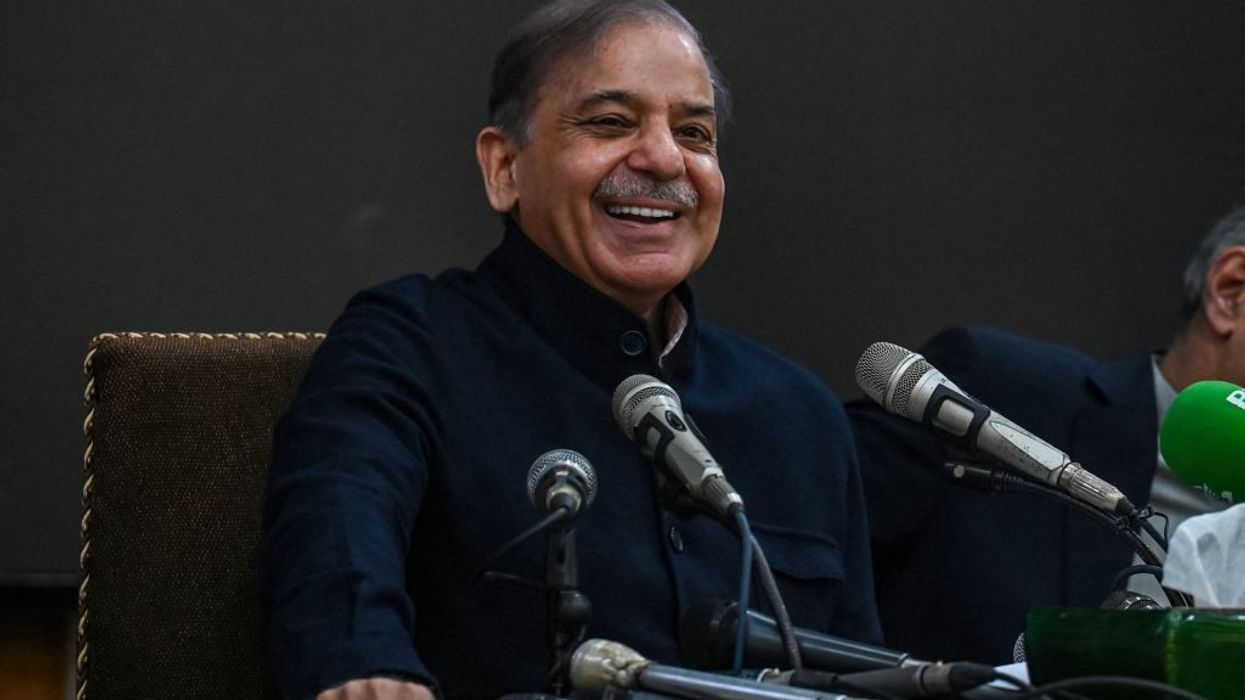MARKING the first official communication with a Pakistani premier in years, US president Joe Biden has dashed off a letter to prime minister Shehbaz Sharif expressing continuous support and highlighted that the ties between the two nations are critical for bilateral and regional peace and security.
President Biden’s letter broke with tradition of not engaging with any of the prime ministers in Pakistan during his tenure.
He neither telephoned former prime minister Imran Khan after his election victory nor spoke to Sharif when he succeeded him in April 2022, The Express Tribune said.
The development comes weeks after Sharif took oath as the country’s prime minister for a second time earlier this month after a controversial election that his rival and former prime minister Imran Khan dubbed as “rigged.”
Khan, who is the founder of Pakistan Tehreek-e-Insaf (PTI) party, had also openly accused the US of orchestrating his downfall after he was removed through a vote of no-confidence in April 2022.
“The enduring partnership between our nations remains critical to ensuring the security of our people — and people around the world —and the United States will continue to stand with Pakistan to tackle the most pressing global and regional challenges of our time,” according to the contents of the letter, shared by the US Embassy.
Biden said the support includes advancing “our shared vision for a future of greater health, security, economic growth, and access to education for all.”
He added that through the US-Pakistan Green Alliance framework, the two nations would continue strengthening their climate resilience, supporting sustainable agriculture and water management and advancing Pakistan’s recovery from the devastating floods of 2022.
He wrote that the US remains “committed to working with Pakistan to protect human rights and promote progress.”
“Together, we will continue to forge a strong partnership between our nations and a close bond between our people,” the letter concluded.
The two sides are trying to reset ties as US ambassador Donald Blome said on March 15 that Pakistan was considered an “important partner” and expressed hope in working with the newly-elected government to continue building stronger bilateral ties.
(PTI)





